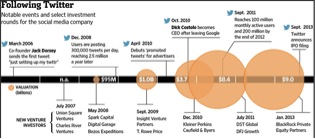Edward J. McAniff, one of the nation’s leading banking lawyers, shared his insights on navigating the banking regulatory landscape in a series of lectures at the Banking Law Fundamentals (BLF) seminar hosted by Berkeley Center for Law, Business and the Economy from September 25-27.
The lectures stemmed from a common notion that it is impossible to anticipate and recognize what consequences regulatory changes will have on the banking industry without looking through the prism of our past. Throughout the seminar McAniff convincingly and eloquently demonstrated that the only framework capable of explaining this complex and fascinating body of law is one that is built upon awareness of how the U.S. banking regulation came to be in its present confused state. The structure of regulation is then best understood as a reflection of the interplay between the nature of banking activities, themes underlying the American culture, and historical developments.
At the outset McAniff acknowledged that the astonishing complexity of rules governing banks, comprising the most intensive and extensive body of U.S. regulation, is in part due to the critical role that banks play in operating the economy. “Banks are central to the economy – they provide liquidity, transfer wealth immediately, act as intermediaries, the Fed uses them to distribute the national debt… Clearly there is no way to run a modern economy without a banking system.” However, while the significance of banks can justify the need for regulation of on their activities, themes prevalent in American history explain its illogical, internally inconsistent, fragmentized, and reactionary structure.
